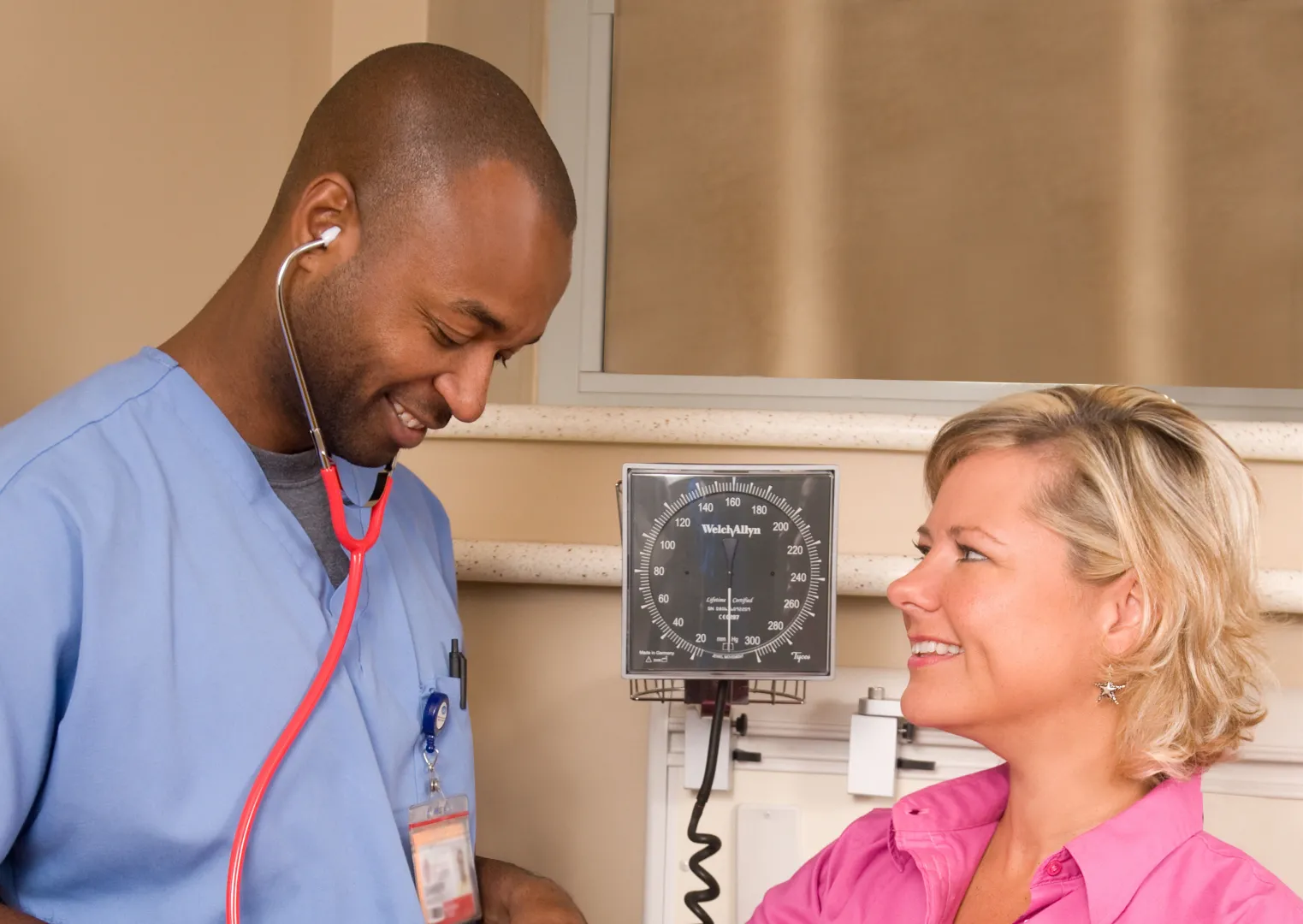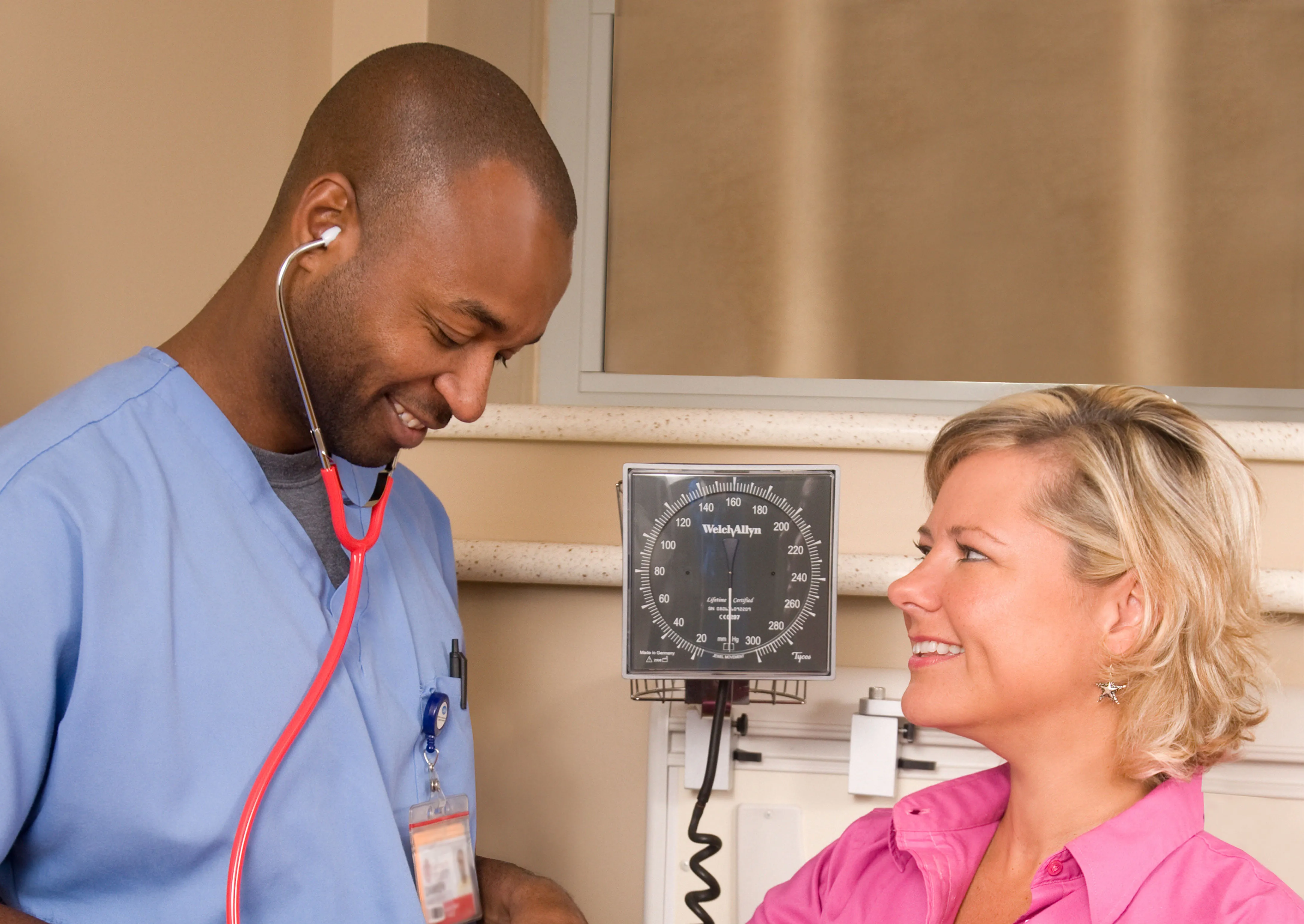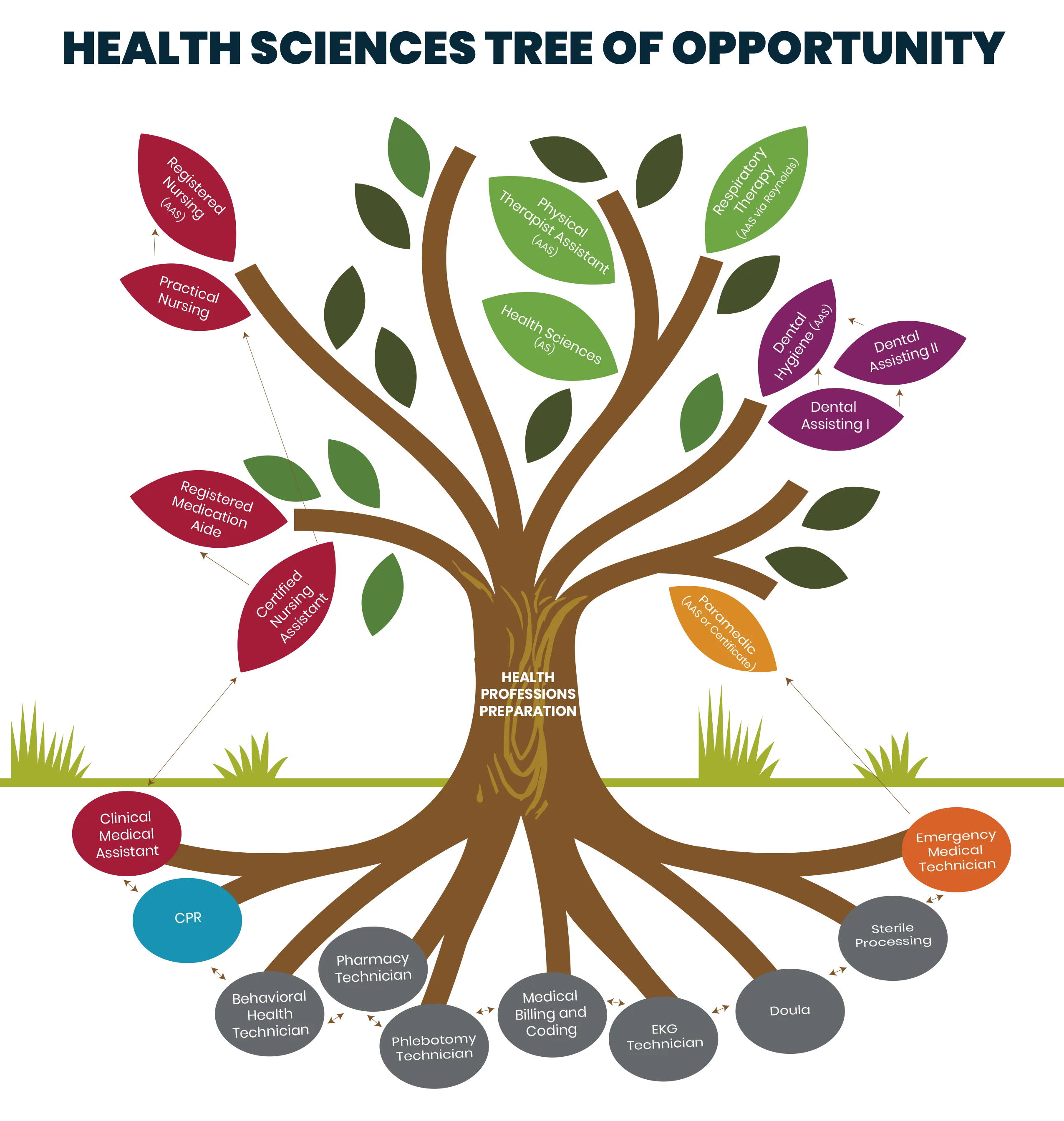The healthcare sector is thriving, and job opportunities abound. As the population ages and medical advancements continue, the need for skilled healthcare professionals escalates. Join Germanna’s Health Sciences Division and make a difference in the lives of others. Your journey starts here!
Climb the Health Sciences Tree of Opportunity
Your Root is your foundation. Start building your health care knowledge in any of our Root programs.
The Health Programs Preparation Career Studies Certificate is the Trunk, supporting you while you climb your chosen Branch.
Explore your Branch—any academic pathway in Health Sciences. Climb multiple Branches toward your ultimate career goal in Nursing or Health Technologies.
Ready to ascend? Explore your opportunities today!
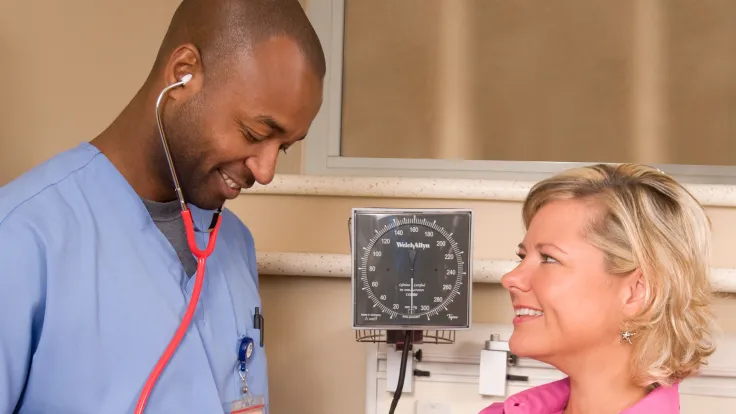
Nursing
Get the knowledge and expertise needed to provide quality patient care and serve your community in a number of healthcare settings.
Learn more about our nursing programs
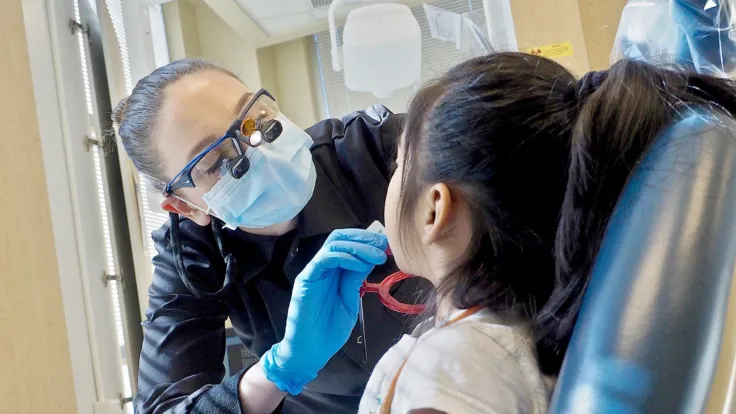
Dental
Our dental programs train future professionals to excel in oral health. Learn how to become an integral member of a dental team, promoting oral wellness and preventive care.
Learn more about our dental programs
Dental Assisting II
- Oral Anatomy & Operative Dentistry
- Expanded Functions Dental Assisting
- Indirect Restorative Techniques
- Restorative Dental Function
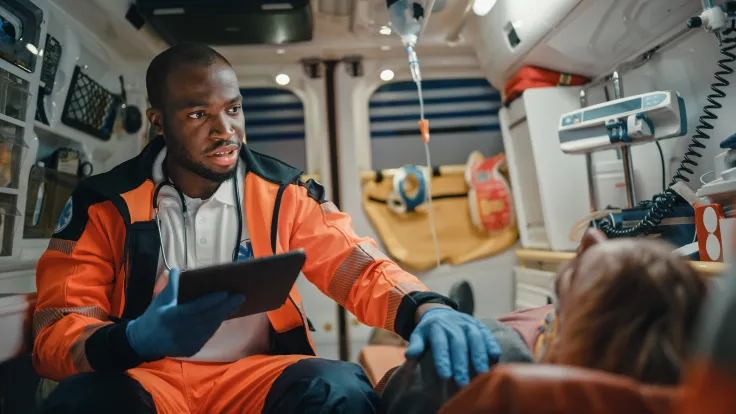
Emergency Medical Services (EMS)
In the EMS programs, students gain the knowledge and practical skills necessary to respond effectively in emergency situations. Whether you aspire to be an EMT or paramedic, our program prepares you for the challenges of pre-hospital care.
Learn more about our emergency medical services programs
Emergency Medical Technician
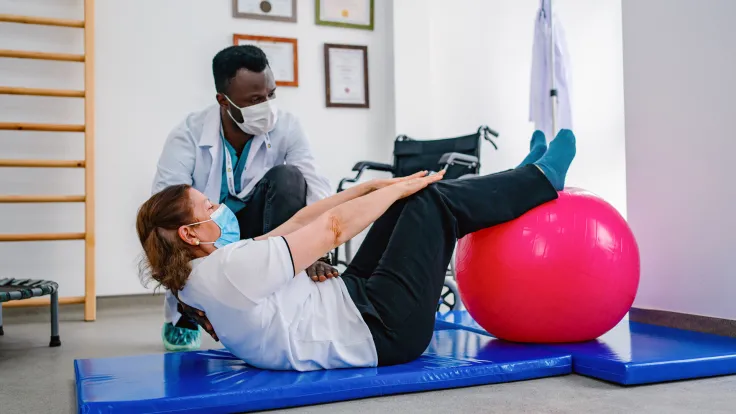
Physical Therapist Assistant (PTA)
At Germanna, we train compassionate professionals who work alongside licensed physical therapists. As a PTA, you’ll help individuals regain mobility, manage pain, and improve their quality of life.
Learn more about the program
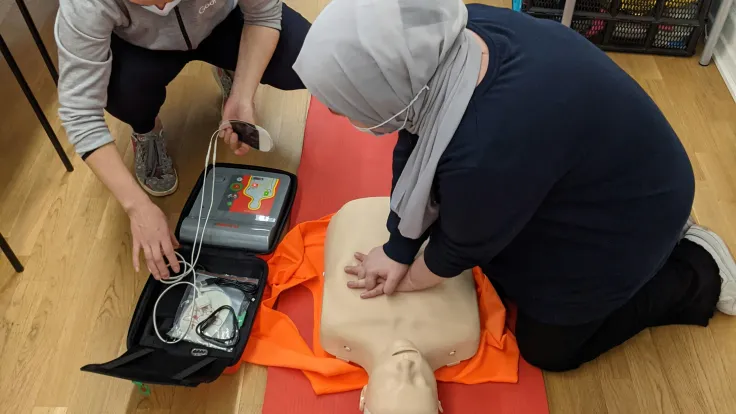
Basic Life Support
Part-time
This course is designed for healthcare professionals and other personnel who need to know how to perform CPR and other basic cardiovascular life support skills in a wide variety of in-facility and prehospital settings.

Behavioral Health Technician
15 weeks · Part-time
Learn the skills necessary to effectively promote empathy and support when working with people diagnosed with a mental illness, substance abuse and/or intellectual/developmental disabilities. Students will explore critical thinking, conflict resolution, and the basics of behavioral health care.
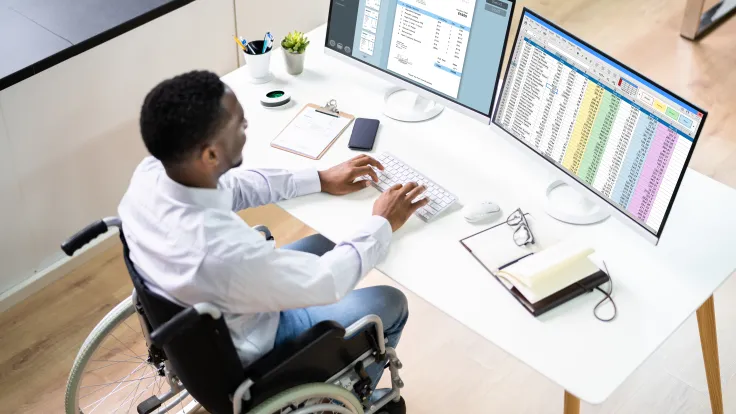
Certified Billing and Coding Specialist
15 weeks · Part-time
With Germanna's Certified Medical Billing and Coding Specialist program, students gain the requisite skills needed to enter one of the fastest-growing fields in allied health. This includes hands-on, practical experience working with the main coding manuals in the field.

Certified Doula
6 weeks · Part-time
As a certified doula, you’ll play a vital role in empowering birthing experiences. Our comprehensive training equips you with the skills to provide emotional, physical, and informational support to expectant parents. Scholarships are available. Email GCCWorkforce@germanna.edu to learn about this grant-funded program.
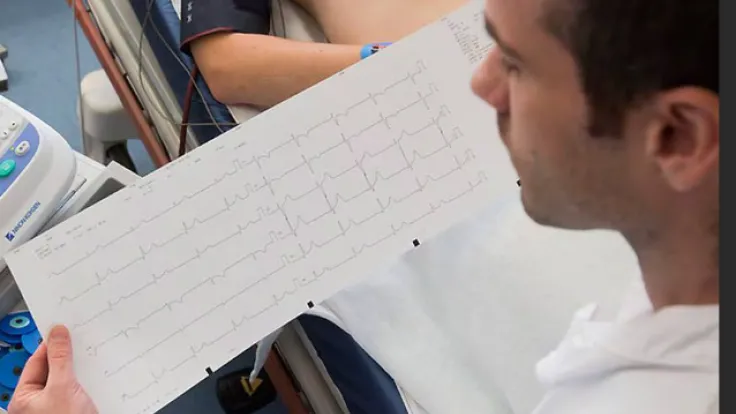
Certified EKG Technician
11 weeks · Part-time
Students in the Certified EKG Technician program will learn to interpret various EKG rhythms, understand pacemaker functions, and navigate EKG artifacts, 12-lead EKGs, and arrhythmia interpretation. This course will prepare you to take the National Healthcare Association Exam.
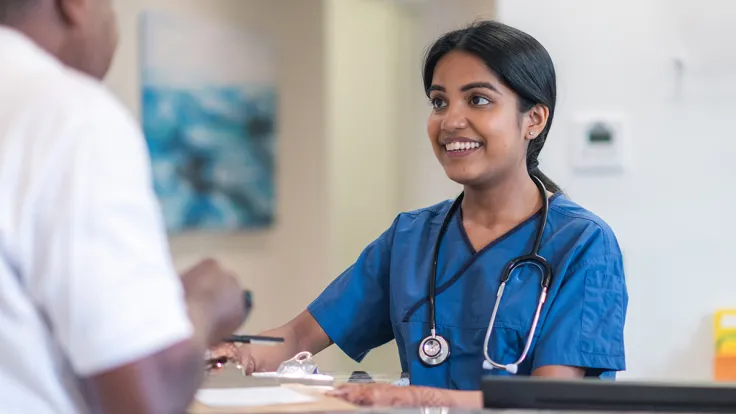
Clinical Medical Assistant
12 weeks · Part-time
Master the art of patient preparation for exams and treatments, perform essential laboratory procedures, and ensure top-notch infection control. Students in this program will gain expertise in diagnostic testing, medication administration, vital signs documentation, and professional workplace conduct. Upon completion, you'll be fully equipped to sit for the Certified Clinical Medical Assistant (CCMA) credential exam.

Clinical Supervision Bootcamp
1 week · Part-time
This three-day training provides Licensed Professional Counselors and Licensed Marriage and Family Therapists with the training required by the Virginia Board of Counseling to supervise residents in counseling and residents in marriage and family therapy.

Health Professions Preparation
1 year · Full- or part-time
Germanna's Health Professions Preparation program gives students the essential knowledge and skills for careers in healthcare, including basic human anatomy and physiology, medical terminology, and CPR. Take your first step toward a rewarding career in a high-demand healthcare field.

Pharmacy Technician
2 semesters · Full- or part-time
Watch our info session video
In Germanna’s Pharmacy Technician program, students gain essential knowledge and skills related to pharmacy practice, including medical terminology, pharmacology, and pharmacy techniques. Learn to play a critical role in helping people access safe and effective medications.
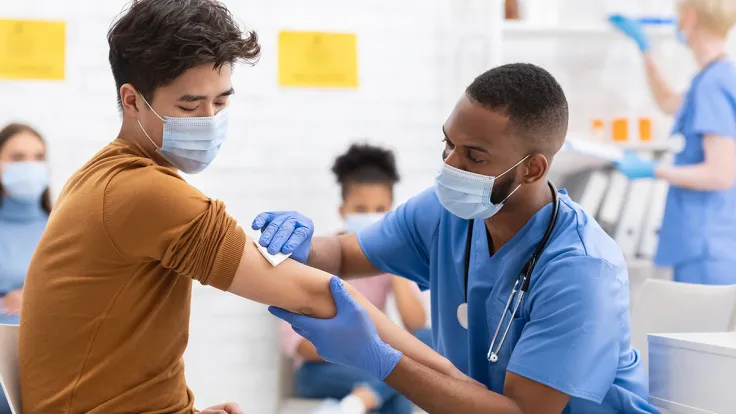
Phlebotomy Technician
10 weeks · Part-time
In Germanna's Phlebotomy Technician program, students will learn to play an essential role in administering and managing blood draws for diagnosis, research, or other purposes, as well as work directly with patients and medical laboratories.
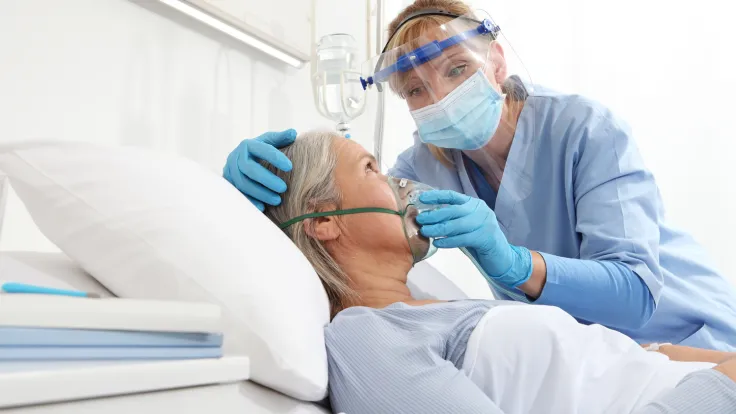
Respiratory Therapist
Full-time
Take classes at Germanna to start your rewarding journey toward helping patients with breathing and cardiopulmonary disorders.
Students must apply to Reynolds Community College to complete their degree.
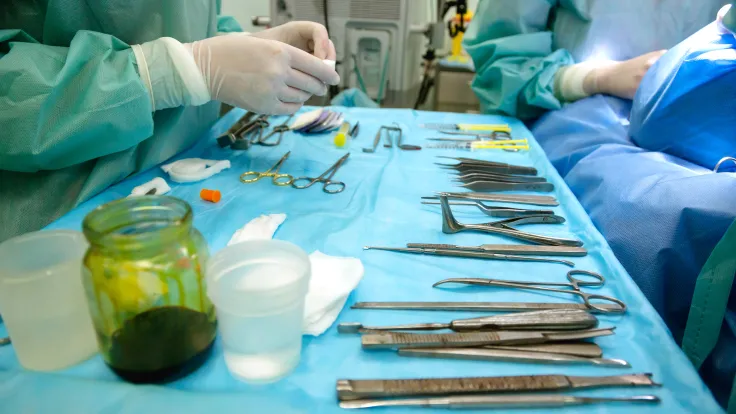
Sterile Processing Technician
Part-time
Our online sterile processing technician (SPT) certification course will train you to play a critical role in preventing infection by sterilizing, cleaning, processing, assembling, storing, and distributing medical supplies.
